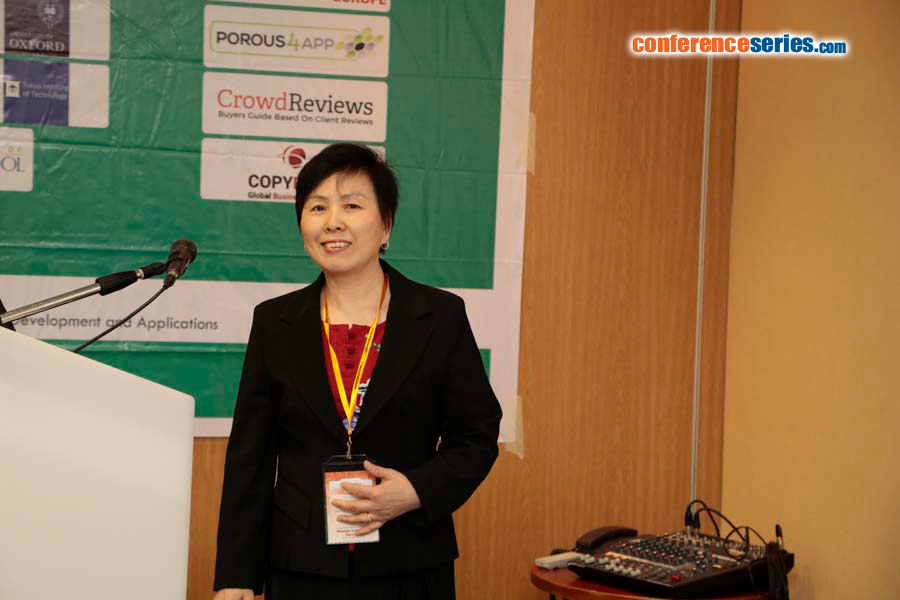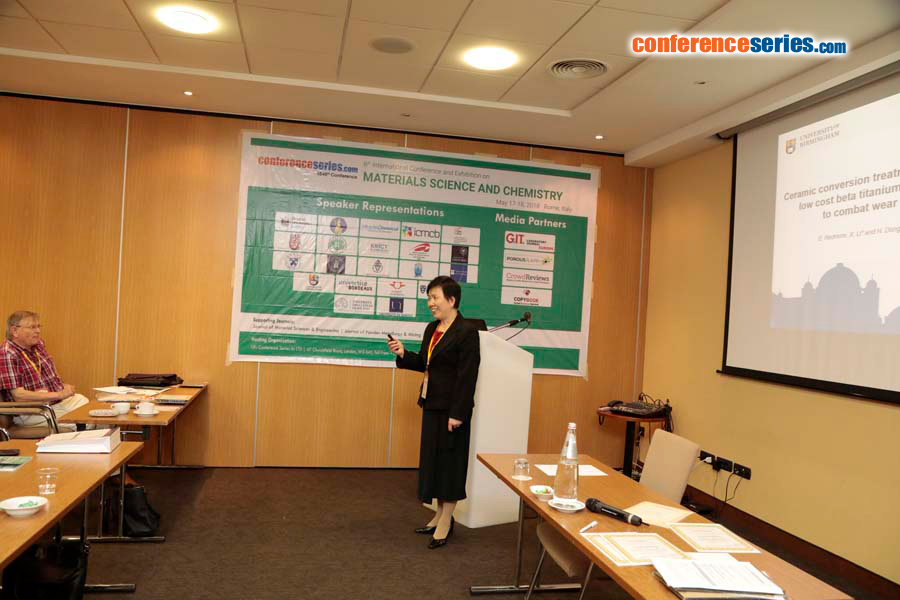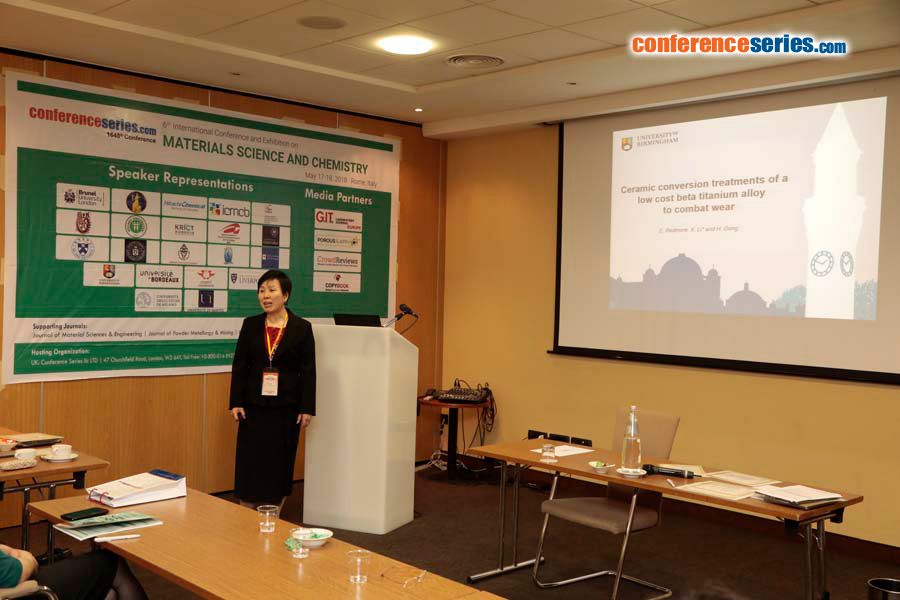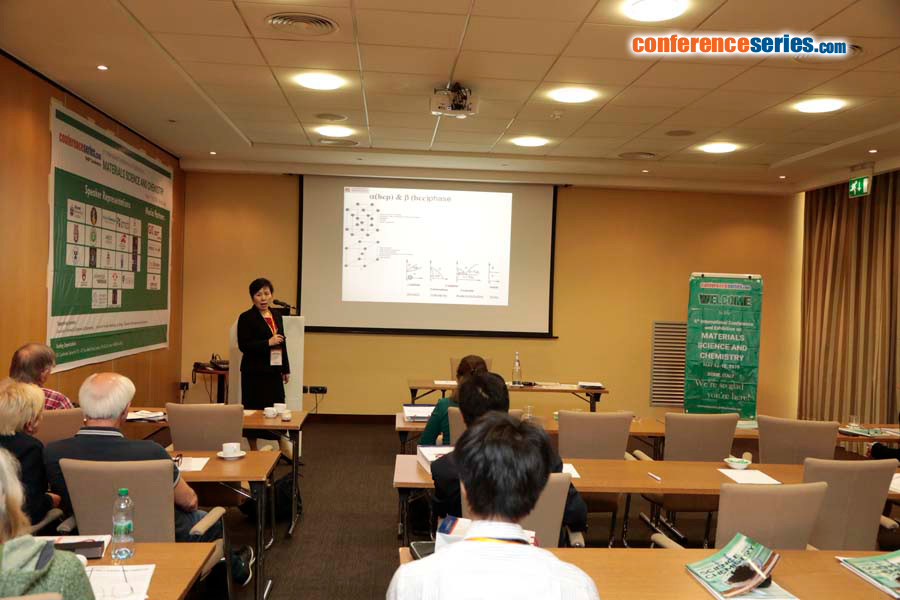
Xiaoying Li
University of Birmingham, UK
Title: Ceramic conversion treatments of a low cost beta titanium alloy to combat wear
Biography
Biography: Xiaoying Li
Abstract
The non-aerospace use of titanium alloys (such as in the motor sports industry) has become increasingly popular over the last 20 years due to their light weight, high ductility and high strength in conjunction with excellent corrosion resistance and outstanding biocompatibility. Titanium alloys are normally classified by their structure into the groups of alpha, alpha-beta and beta alloys. Advantages of beta alloys include excellent workability, good hardening properties, high corrosion resistance and excellent fatigue/crack propagation behavior. However, titanium and its alloys are characterized by inferior tribological properties including a high and unstable coefficient of friction and a strong scuffing tendency. Many surface engineering methods have been researched to combat the poor tribological properties of titanium and its alloys. Research carried out by Dong and Bell on the titanium alloy Ti-6Al-4V demonstrated the effectiveness of the thermal oxidation (TO) treatment in enhancing the wear resistance of the alpha/beta alloy. However, this process cannot be directly applied to the TIMET low cost beta (LCB) alloy since it is a metastable beta alloy. The long-time TO treatment at high-temperature will cause undue growth of the beta grains and excessive precipitation and growth of the alpha phase, thus leading to the degradation of the core mechanical properties of the beta-alloy. Therefore, the aim of this research was to enhance the tribological properties of TIMETAL LCB alloy without evoking a loss of core mechanical properties through developing new surface engineering processes based on integration of bulk heat treatment with surface ceramic conversion. The new integrated processes effectively harden the LCB without compromising the mechanical properties of the beta alloy. A dense adherent titanium oxide was formed on the oxygen hardened sublayer. The surface hardness was increased from 400 to 1100 HV and the sliding wear resistance was increased by more than 10 times following the optimal integrated treatment.





